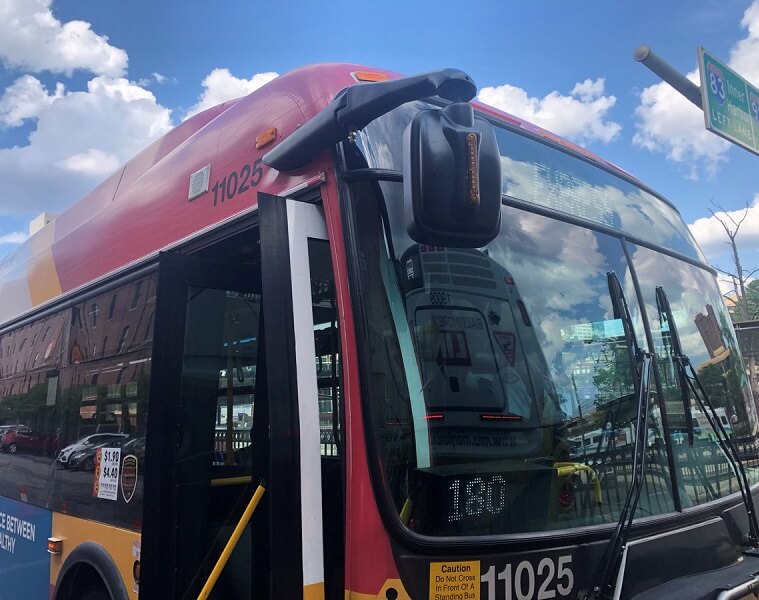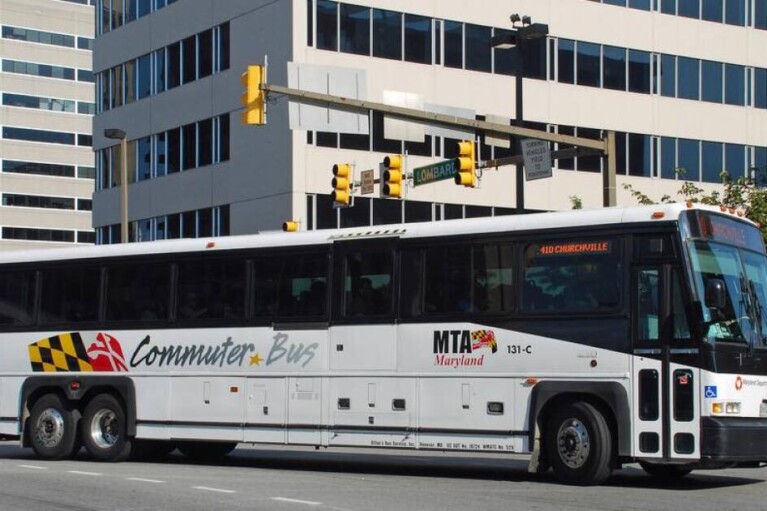
When it comes to the environment this legislative session, climate and transportation bills have understandably and appropriately garnered most of the attention. But another key environmental bill — the Zero-Emission Bus Transition Act (SB 137) — also has significant climate and transportation implications, while providing economic, health, and environmental justice benefits as well.
The Zero-Emission Bus Transition Act mandates, beginning in 2023, that all contracts for state-purchased buses need to be for zero-emission vehicles, leading to a complete transition of the fleet. This bill — which received unanimous support in both committees and on the Senate Floor, and had overwhelming support in the House of Delegates last year — deserves to be in the fast lane to passage.
As transit agencies around the world transition away from diesel buses to electric, they learn that these buses, in the long-term, save money. The U.S. Public Interest Group determined that although electric buses initially cost around $200,000 more per bus than diesel buses, lifetime fuel and maintenance savings of electric buses are around $400,000. These projected savings are being confirmed by transit systems around the country that have adopted electric buses. By switching to electric buses, the Maryland Transit Administration (MTA) can recoup its initial investment in approximately five years and continue saving throughout the remaining years the buses will be in operation (buses usually run at least 12 years).
These buses also protect our public health. There is strong evidence that exposure to transportation exhaust pollution causes long-term damage to lung development in children. In the City of Baltimore, the use of yellow school buses is very limited, and students usually take diesel fueled MTA buses to get to and from school. They are being directly exposed to diesel exhaust emissions while waiting at bus stops and riding these buses. The developing lungs of children make them especially sensitive to the harmful effects of diesel exhaust exposure. The high prevalence of asthma in young children increases this susceptibility, and asthma attacks are major contributors to school absence and causes of medical care-seeking for school-age children.
By eliminating diesel emissions from buses in our neighborhoods and cities, we will improve our communities while reducing health risks from air pollution and significantly reducing health care costs. These savings have been quantified in cities such as New York and Chicago. The Chicago Transit Authority estimates that a single electric bus saves the city nearly $55,000 every year in avoided healthcare expenses resulting from cleaner air. In New York, a study conducted by Columbia University for MTA-New York City Transit calculated that electric buses significantly reduce particulate matter compared to diesel buses, and would produce approximately $150,000 in health care savings per bus per year.
When one adds the economic benefits of electric buses to the health, community, and climate benefits from reducing harmful emissions, it becomes clear that our legislators should get on the bus and support this bill.
— RAMON PALENCIA-CALVO
The writer is deputy director of Maryland League of Conservation Voters and director of Chispa Maryland.




 Creative Commons Attribution
Creative Commons Attribution